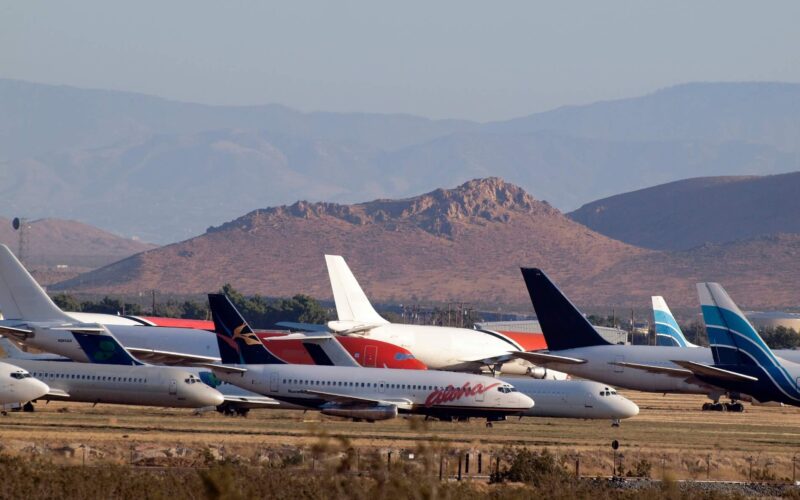David Calhoun, president and CEO of Boeing, has deemed it “most likely” that one of the major U.S. airlines would be forced to cease operations due to the impact of the COVID-19 pandemic on the air transport sector.
Asked by NBC if any major U.S. carrier could go out of business due to the coronavirus crisis, Calhoun said that it was likely. After traffic resumes in September 2020, it might take until the end of the year for it to approach 50%.
“Something will happen when September comes around,” Calhoun told NBC. “Traffic levels will not be back to 100%. They won’t even be back to 25%.” In this context, airlines will have to do “adjustments”.
Boeing spokesman Gordon Johndroe tempered the statement, saying Calhoun “was speaking to the general uncertainty in the sector, not about any one particular airline.” Yet the cat is out of the bag. With most companies in the red and traffic expected to stay low for a while, companies will likely enter a deadly price war.
Through the Coronavirus Aid, Relief, and Economic Security (CARES) Act, the U.S. Department of the Treasury said it would allocate $50 billion to support the country’s carriers, half in the form of subsidies intended to pay employees, the second in the form of loans. Grants will have to be repaid up to 30% within five to ten years, while 10% can be converted into shares.
As for Boeing, it will have to cope with the low demand for aircraft that will likely affect its backlog for the years to come. After reporting a net loss of $641 million for the first quarter of 2020, the manufacturer announced it would reduce its production output and consequently ax its workforce by around 10% worldwide. It is currently seeking additional loans after receiving $17 billion of state aid in the form of secured loans.

